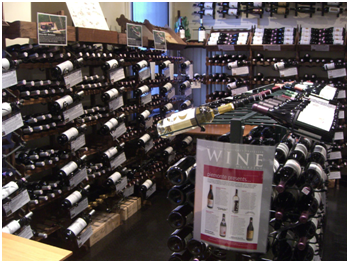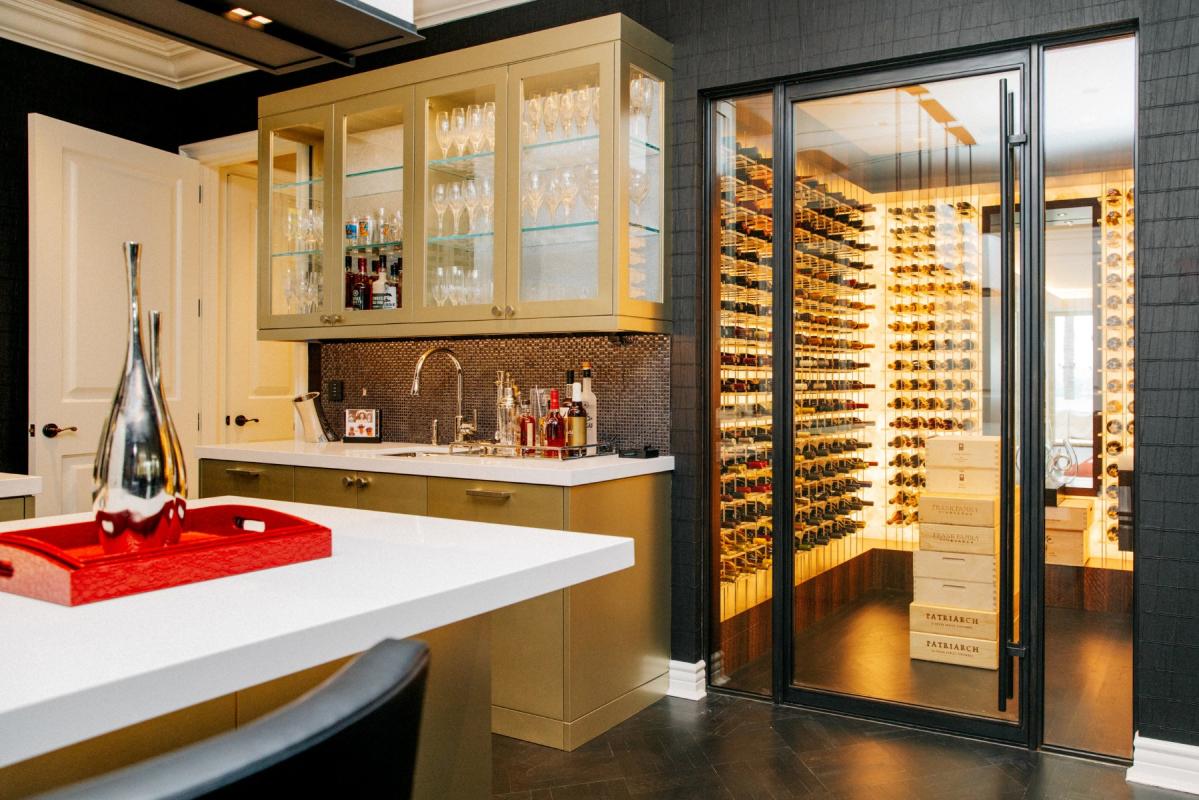If you're like most Americans, you don't know squat about wine. You know you like it, but you tend to just buy it when you’re ready to drink it. Storing wine, whether for the short or long term, never enters your thought processes. You may, however, find yourself getting more interested in keeping wine on hand. It beats running out to the package store or the grocery every time the urge for a glass hits you. You may also be thinking about wine as an investment strategy, and this means holding wine in storage, sometimes for years.
How Should You Store Wine?
 Unless you're fortunate enough to own a house built in the 1800s or early 1900s, with its attendant basement or wine cellar already there, you're going to have to build your own storage environment to house your wine collection. Where did our ancestors store wine? In deep, dark caves or in deep, dark wine cellars. There are good reasons for this: wine hates light, heat, and motion. While storing wine on top of your refrigerator is convenient, it’s the absolute worst thing you can do to a poor, innocent bottle of wine. The mantra for wine storage is cool, dark, still, and sideways. The reasoning behind this is as follows:
Unless you're fortunate enough to own a house built in the 1800s or early 1900s, with its attendant basement or wine cellar already there, you're going to have to build your own storage environment to house your wine collection. Where did our ancestors store wine? In deep, dark caves or in deep, dark wine cellars. There are good reasons for this: wine hates light, heat, and motion. While storing wine on top of your refrigerator is convenient, it’s the absolute worst thing you can do to a poor, innocent bottle of wine. The mantra for wine storage is cool, dark, still, and sideways. The reasoning behind this is as follows:
Cool
Wine hates heat; anything above 70° Fahrenheit wreaks havoc on the wine. 55° Fahrenheit is the ideal temperature, but don’t freak out if it varies a degree or two either way. Humidity is also important; the proper humidity keeps the cork from drying out and letting oxygen seep into the bottle. Oxygen will oxidize a wine, the same way it will a peeled apple. A brown apple is unattractive, but edible; an oxidized wine is not drinkable. It won’t hurt you, unless it’s truly spoiled, but it won’t taste good at all.
Dark
Wine hates sunlight like a vampire, and pretty much for the same reason: light, particularly UV light, prematurely ages wine. Whites are more susceptible than reds, but reds fall victim to UV light as well. Ever wonder why wine is sold in colored bottles? The colored glass acts like sunglasses, and filters the UV light out.
Still
Why would wine care if you shook the bottle? Two reasons: too much shaking can prematurely age it, and not in a good way, and if the wine is a red, sediment gets disturbed from the bottom and distributed around the bottle. The result is a glass of grit instead of a glass of wine. So don’t store your wine where vibrations, good or bad, abound.
Sideways
There are two good reasons for storing wine on its side: first, storing the bottle this way keeps the cork in contact with the wine and this keeps the cork from drying out and shrinking. A dry cork allows oxygen in, and this is not a good thing. Second, storing wine horizontally saves space, letting you keep more bottles in a smaller space.
Given that most of us don’t have a wine cellar already built into our house, where should you store your wine? If you have a basement, and dampness is not an issue, putting wine racks in a cool, dark corner fits the bill nicely. If a basement is not an option, use a cool, dark closet. If the closet is too hot, you can get a cooling unit designed for wine to cool things off.
What Kind of Storage Do You Need?
The type of storage you need is determined by how much wine you’re storing, and for how long you’re planning on holding it. If you’re only planning on keeping it for a few months, a wine cooler or a wine rack in your basement is fine. If you’re planning on keeping it for years, you've moved into the professional storage arena, and you need to do some research. You will need the conditions described above, and they will need to be consistent over the long haul. You will need undisturbed space for storage racks, proper lighting, and climate control. We at Vintage Cellars are wine cellar specialists, and will be happy to walk you through step-by-step, how to build a wine cellar and choose a proper cooling unit. We build wine cellars from start to finish, from functional to elaborate, so let us know what your needs are and we’ll be happy to assist you! Also note that if you’re looking for one, one of the best cooling units on the market today is the Wine Guardian.


 Unless you're fortunate enough to own a house built in the 1800s or early 1900s, with its attendant basement or wine cellar already there, you're going to have to build your own storage environment to house your wine collection. Where did our ancestors store wine? In deep, dark caves or in deep, dark wine cellars. There are good reasons for this: wine hates light, heat, and motion. While storing wine on top of your refrigerator is convenient, it’s the absolute worst thing you can do to a poor, innocent bottle of wine. The mantra for wine storage is cool, dark, still, and sideways. The reasoning behind this is as follows:
Unless you're fortunate enough to own a house built in the 1800s or early 1900s, with its attendant basement or wine cellar already there, you're going to have to build your own storage environment to house your wine collection. Where did our ancestors store wine? In deep, dark caves or in deep, dark wine cellars. There are good reasons for this: wine hates light, heat, and motion. While storing wine on top of your refrigerator is convenient, it’s the absolute worst thing you can do to a poor, innocent bottle of wine. The mantra for wine storage is cool, dark, still, and sideways. The reasoning behind this is as follows: